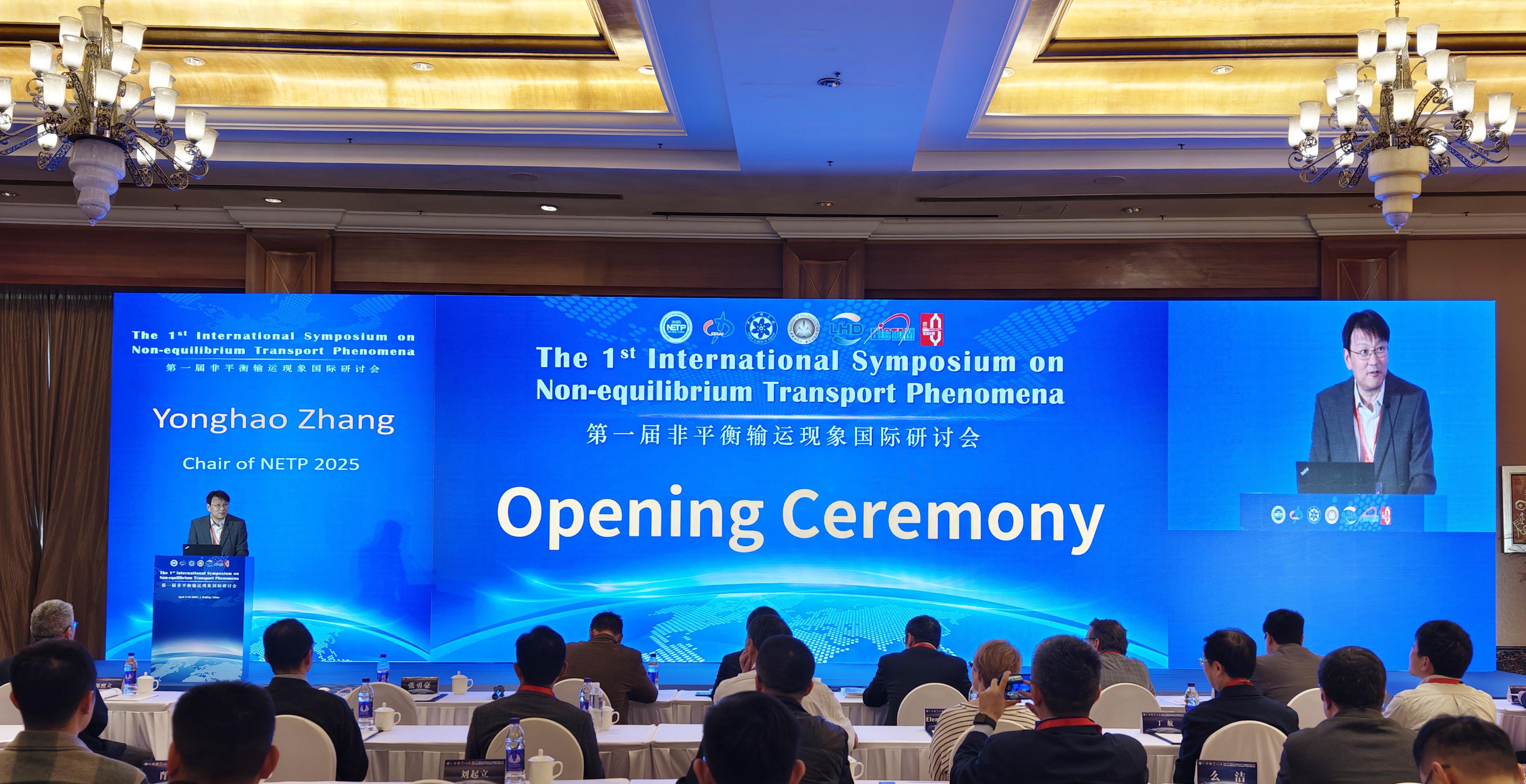Leveraging IPR for Industrial Growth

PHOTO: VCG
By CHEN Chunyou
China will enhance intellectual property rights (IPR) protection by 2027 to promote synergistic development of IP and the development of industrial technology, and enhance the resilience of the industrial supply chain.
That's according to an action plan jointly released by the Ministry of Industry and Information Technology and the China National Intellectual Property Administration, which also aims to see a major improvement in the ability to create high-value patents in key industries.
The number of high-value patents per 100 million RMB (13.72 million USD) of the business income of enterprises above designated size in key areas of the manufacturing industry will be close to four. The proportion of patent-intensive industries' added value in the GDP should record a substantial rise.
The extraction, utilization and in-depth integration of industrial and IP information will be strengthened to give a clear direction for industrial development.
The quality of IP creation will be improved. Various types of innovation bodies will be guided to cultivate high-value patents with industrial competitiveness and market benefits. Leading enterprises in key industrial chains will be encouraged to strengthen their overseas IP layout and transform independent IPRs into technical standards.
To deepen the transformation and application of IPR in key industries, public service platforms are expected to improve IPR services for enterprises. The concerned government departments will work to enhance industrial enterprises' IP management and application capacity, carry out pilot work on the application of IP in select industrial enterprises, and strengthen IP training for key industrial chain enterprises.
Industrial organizations and alliances and professional institutions will be encouraged to carry out research on data IPR protection strategies, and explore IPR protection in data production, circulation, utilization and sharing.
To enhance the IP service capacity of key industries, industrial parks and various pilot zones should introduce professional IP transfer and transformation institutions. In this way, public IPR services will be enhanced, and regional industrial policies, industrial planning and talent exchanges better supported, according to the plan.







